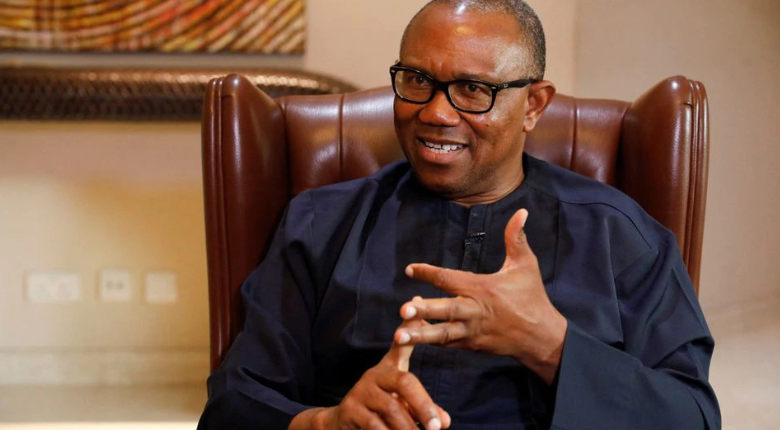Peter Obi, the presidential candidate of the Labour Party, has the hardest path to victory based on Nigeria’s electoral history. The country, since its return to democracy in 1999, has never elected a presidential candidate outside of the two dominant political parties in the country (Peoples Democratic Party, PDP, and the All-Progressive Congress, APC).
Peter Obi is facing fierce competition from Nigerian political household names, including Bola Ahmed Tinubu of APC (Nigeria’s ruling party) and Alhaji Atiku Abubakar of the People’s Democratic Party (major opposition). Peter Obi is also facing criticism from his former colleagues, associates and the political class who believe the candidate’s choice of party has no political structure to rely on.
However, with the progression of campaigns, Mr. Peter Obi has risen to one of the most marketed candidate which has significantly increased his popularity amongst both rural and urban residents, according to several polls conducted by reputable companies.
Many believe that just maybe might Nigeria see a break in the dominance of the APC and PDP in 2023, with the intimidating popularity of the OBIdient movement. Victory would prove that voters can truly overturn the dominance of ruling parties in a country which has suffered from a history of election corruption.
But in the face of these fierce rivalry, here are some advantages Peter Obi has over other leading candidates, including Atiku and Tinubu:
Backing of the Southeast
The southeastern region of Nigeria has not had an indigenous presidential candidate who has gained popularity in other regions of the country and has the favour of the five southeastern states at the same time. Experts have further predicted the former Anambra State governor to win the region by a landslide considering the crisis in the PDP and the APC’s shaky stand.
Nigerian youths
Previously referred to as a “mere youthful online movement” the OBIdient movement has metamorphosed into a mega crusade with many volunteers from different tribes, age groups, and geographic location in the country. Nigerian youthful voters have in several cities held mega rallies in favour of the former Anambra state governor weeks before the official start of campaigns.
A breakdown of the numbers released by the Independent National Electoral Commission (INEC) shows that 7.2 million or 76.5 percent of the newly registered voters are young people between the ages of 18 and 34. As you expect, the entire class of Nigerian youths do not support Peter Obi, but polls have shown a significant number do.

